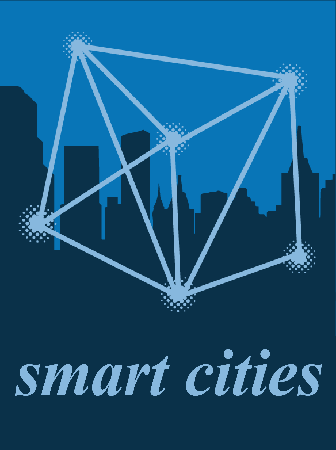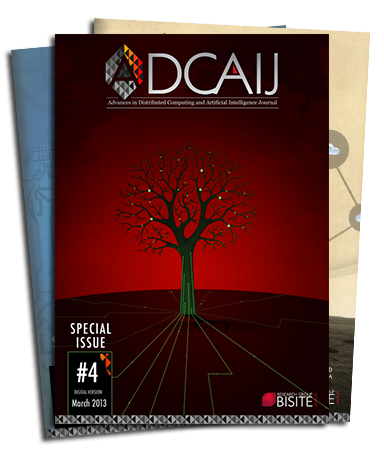23rd International Conference on Distributed Computing and Artificial Intelligence (DCAI'26)
The 23rd International Conference on Distributed Computing and Artificial Intelligence 2026 is an annual forum that will bring together ideas, projects and knowledge associated with distributed computing and artificial intelligence, and their application in different areas. This meeting will be held in University of Naples Federico II, Naples (Italy) within PAAMS'26, from 21st-23rd October, 2026.
Nowadays, most computing systems, ranging from personal laptops/computers to cluster/grid/cloud computing systems, are capable of parallel and distributed computing. Distributed computing performs an increasingly important role in modern signal/data processing, information fusion and electronics engineering (e.g., electronic commerce, mobile communications and wireless devices). Particularly, applying artificial intelligence in distributed environments is becoming an element of high added value and economic potential. Research on Intelligent Distributed Systems has matured over the last decade and many effective applications are now being deployed. Artificial intelligence is changing our society. Its application in distributed environments, such as the Internet, electronic commerce, mobile communications, wireless devices, distributed computing, is becoming more widespread, and is becoming an element of high added value and economic potential, in both industry and research. These technologies are changing constantly as a result of the large research and technical effort being undertaken in both universities and businesses. The exchange of ideas between scientists and technicians from both academic and business backgrounds is essential to facilitating the development of systems that meet the demands of today's society. Technology transfer in this field is still a challenge and for that reason this type of contributions will be given special consideration at this symposium.
Topics
The topics of interest include, but are not limited to:
- Intelligent Environments
- Distributed Algorithms
- Distributed Databases
- Computer GRID
- Cloud Computing
- Edge Computing
- Fog Computing
- Multimedia and Distributed Animation Systems
- Distributed Operating Systems
- Real Time Systems
- E-commerce and Electronic Business
- Distributed Applications ICTs: trade, medicine, industry, the Internet, etc.
- Implementation of AI Bioinformatics
- Implementation of AI Biotechnology
- Implementation of AI in the Development of Mobile Devices
- Distributed Architectures
- Multiagent Systems
- High-performance Distributed Systems
- Languages, Compilers, Planning, Load Balancing
- Mobile and Wireless Systems
- Security in Computer Systems
- Software Engineering and Formal Methods
- Distributed Intelligent Information Systems
- Robotics and Control
- Internet of Things (IoT)
- Industrial Internet of Things (IIot)
- Model Based Reasoning
- Case Based Reasoning
- Non-Monotonic Reasoning
- Planning and Scheduling Tasks
- Qualitative Reasoning
- Reasoning Under Uncertainty
- Temporal and Spatial Reasoning
- Other Reasoning Models
- Data Analysis and Big Data Techniques
- Evolutionary Computation
- Neural Networks
- Reinforcement Learning
- Other Learning Models
- Applications of AI (TTIA)
- Logic
- Decision-Making Support System
- Fintech or Financial Technology
- Intelligent Interaction
- Knowledge Management
- Knowledge Representation
The aim of the Doctoral Consortium is to provide a framework as part of which students can present their ongoing research work and meet other students and researchers and obtain feedback on lines of research for the future.
The Doctoral Consortium is intended for students who have a specific research proposal and some preliminary results, but who are still far from completing their dissertation.
All proposals submitted to the Doctoral Consortium will undergo a thorough reviewing process with the aim of providing detailed and constructive feedback. The accepted submissions will be presented at the Doctoral Consortium and published in the conference proceedings.
The submissions should identify:
- Problem statement
- Related work
- Hypothesis
- Proposal
- Preliminary Results and/or Evaluation Plan
- Reflections
Format
All papers must be formatted according to the LNNS template, with a maximum length of 10 pages (6 pages for Doctoral Consortia), including figures and references:
Submission
All proposed papers must be submitted in electronic form (PDF format) using the DCAI conference management system.
Review process
DCAI welcomes the submission of application papers with preference to the topics listed in the call for papers. All submitted papers will undergo a thorough review process; each paper will be refereed by at least three experts in the field based on relevance, originality, significance, quality and clarity.
The papers must consist of original, relevant and previously unpublished sound research results related to any of the topics of the conference.
Publication
Accepted papers will be included in DCAI Proceedings. At least one of the authors will be required to register and attend the symposium, where they will present the paper, this will allow for its inclusion in conference proceedings. All the accepted papers will be published by Lecture Notes in Networks and Systems series of Springer Verlag.
** Indexing: The books of this series are submitted to DBLP, INSPEC, Norwegian Register for Scientific Journals and Series, SCImago, SCOPUS, WTI Frankfurt eG, zbMATH, Google Scholar, Springerlink. **
Special Issues
Authors of selected papers from DCAI will be invited to submit an extended and improved version to special issues in different journals:
Authors of selected papers from DCAI and the co‑located events will be invited to submit an extended and improved version of their work to the Advances in Distributed Computing and Artificial Intelligence Journal (ADCAIJ) (ISSN: 2255‑2863), which is indexed in Web of Science and Scopus, and listed in DOAJ, ProQuest, Google Scholar, WorldCat, Dialnet, Sherpa ROMEO, Dulcinea, Ulrichsweb, BASE, and Academic Journals Database. Journal metrics: JCR (2024) – Journal Impact Factor (JIF) 1.6, Q3 in Computer Science, Artificial Intelligence; JCI (2024) – category placement Q4; SJR (2024) – 0.219. The journal has also been awarded the FECYT Quality Seal (9th edition, 2025).

To Be Updated
General deadlines
-
Deadline
17th April, 2026
-
Special Session deadline
17th April, 2026
-
Doctoral Consortium deadline
24th April, 2026
-
Notification of acceptance
19th June, 2026
-
Camera-Ready papers
15th July, 2026
-
Conference Celebration
21st-23rd October, 2026
Program committee

Nasro Min Allah, Imam Abdulrahman Bin Faisal University (KSA) (Saudi Arabia)
Chair

Pawel Sitek, Kielce University of Technology (Poland)
Co-Chair

Mutsuo Sano, Osaka Institute of Technology (Japan)
Co-Chair
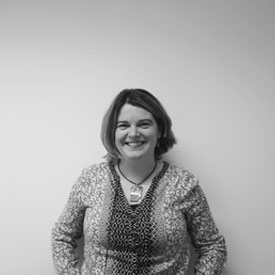
Sara Rodríguez, University of Salamanca (Spain)
Co-Chair
Special Sessions Chairs
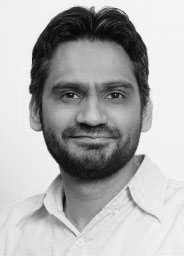
Rashid Mehmood, King Abdulaziz University (Saudi Arabia)
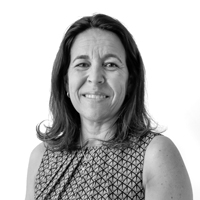
Goreti Marreiros, ISEP/GECAD (Portugal)
Advisory board
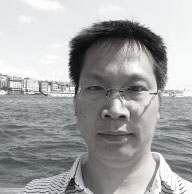
Yuncheng Dong, Sichuan University (China)

Francisco Herrera, University of Granada (Spain)

Tan Yigitcanlar, Queensland University of Technology (Australia)
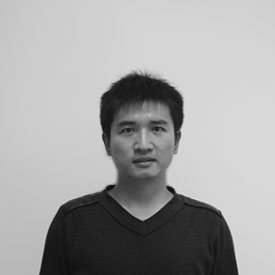
Tiancheng Li, Northwestern Polytechnical University (China)
Organizing committee Chair (tentative)
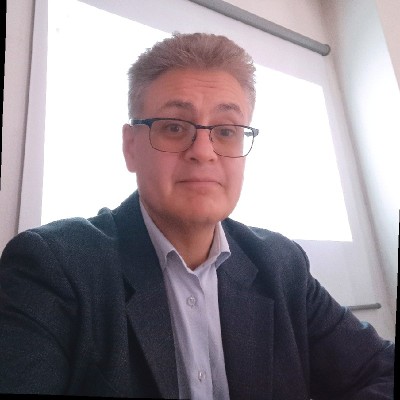
Salvatore Villani, University of Naples Federico II (Italy)
Chair
DCAI conference

